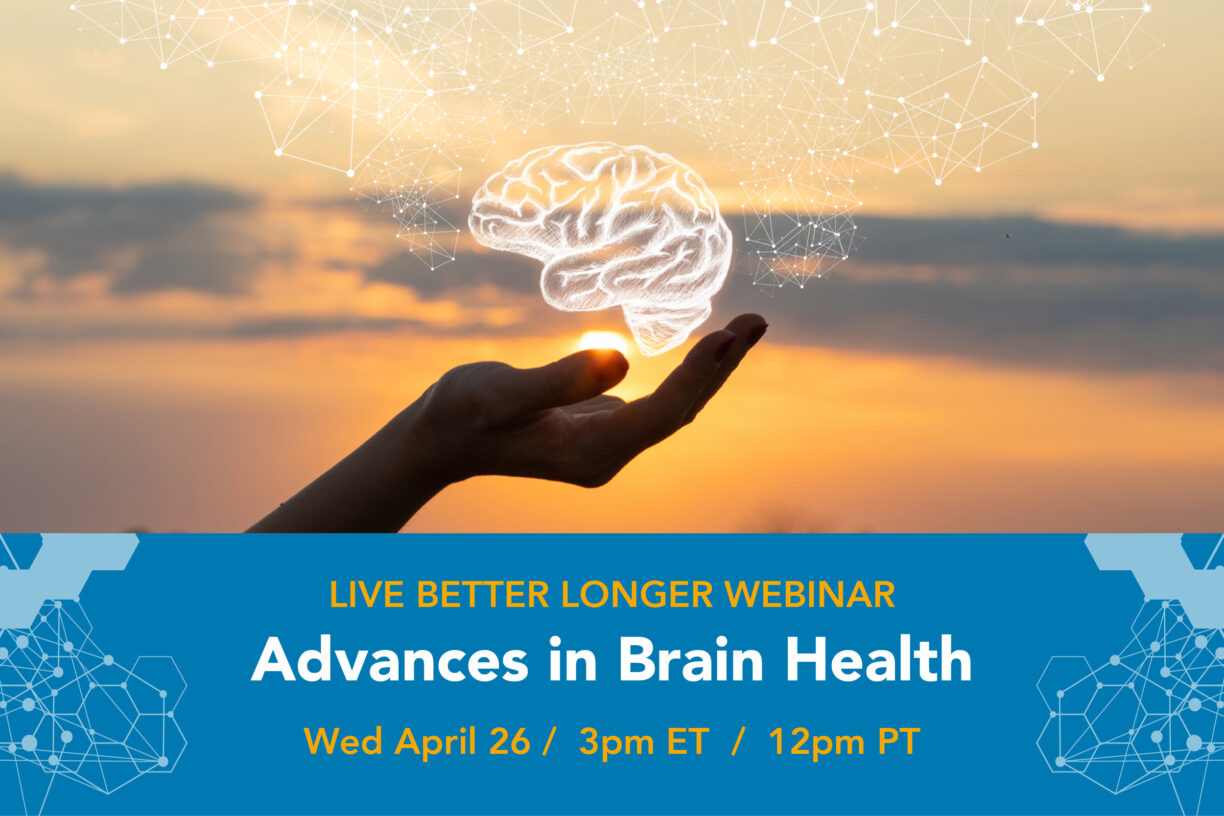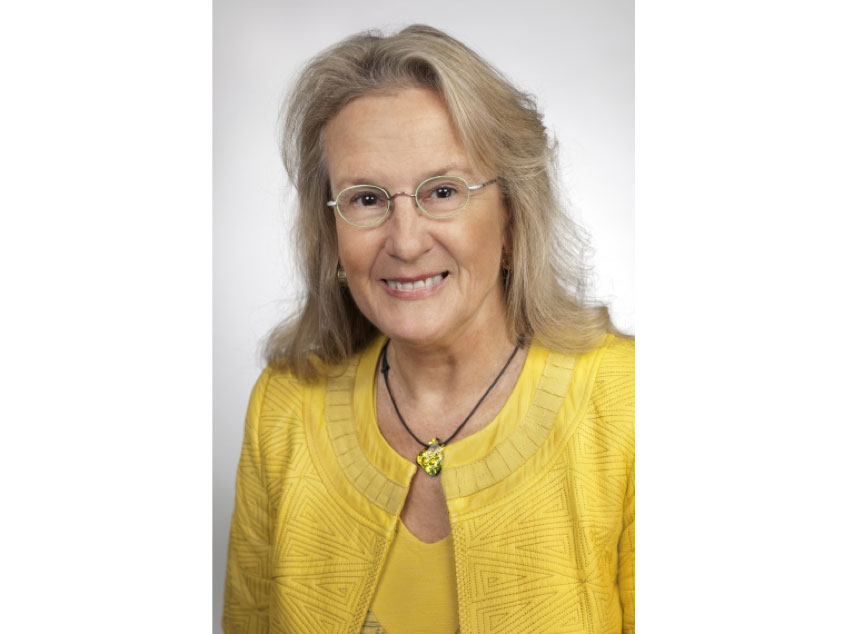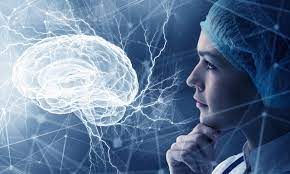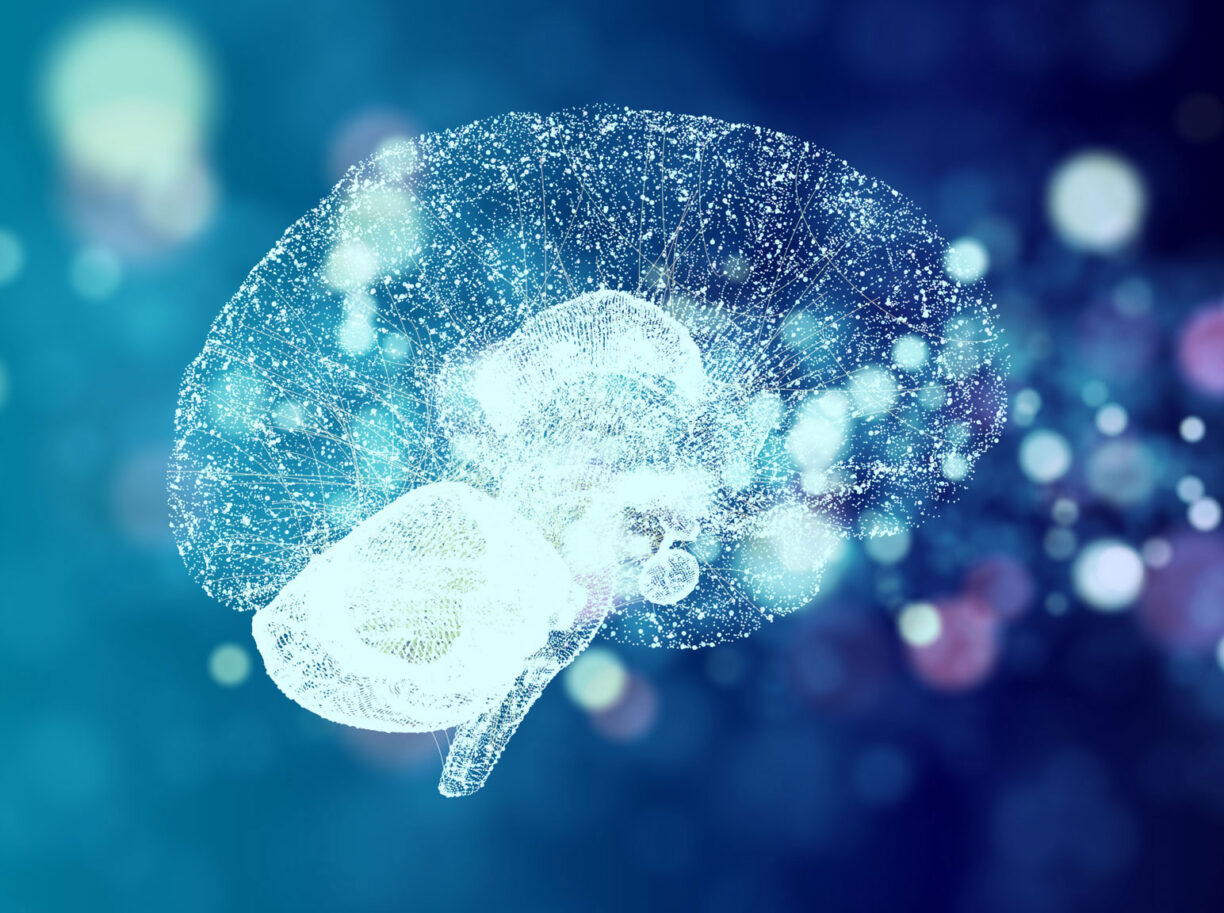The McKnight Brain Research Foundation is thrilled to share that our 2022 Innovator Award recipients, Emilie T. Read, PhD, and Tara Tracy, PhD, were recently featured as experts in the American Federation for Aging Research (AFAR) and Prevention Magazine’s Live Better Longer webinar series.
Dr. Kristina Visscher Named Associate Director of the University of Alabama at Birmingham Evelyn F. McKnight Brain Institute
On January 1, 2023 the Evelyn F. McKnight Brain Institute (MBI) at the University of Alabama at Birmingham (UAB) announced Kristina Visscher, Ph.D. as its new Associate Director.
McKnight Brain Research Foundation Trustees Featured in Inside Philanthropy White Paper on Giving for Neuroscience
Inside Philanthropy recently published an article profiling the partnership and individual efforts of the McKnight Brain Research Foundation (MBRF) and the American Federation for Aging Research (AFAR).
Commit to Spring Fitness – Your Brain and Your Body Will Thank You
If your New Year’s resolution to make exercise part of your regular routine didn’t stick during the cold winter months, don’t worry – spring is the perfect time to recommit to fitness. Not only will your body thank you, your brain will too. Physical activity can help improve your overall health today and delay the onset of cognitive decline (including dementia) later in life.
Dr. Jennifer Bizon Named Director of the University of Florida’s Evelyn F. and William L. McKnight Brain Institute
Jennifer Bizon, Ph.D., chair of the UF College of Medicine department of neuroscience and an expert in brain aging, has been appointed director of the Evelyn F. and William L. McKnight Brain Institute of the University of Florida.
Dr. Carol A. Barnes Named One of Research.com’s Top 1,000 Female Scientists in the World for 2022
Research.com recently published its first list of the top 1,000 female scientists in the world and we’re thrilled to congratulate Dr. Carol A. Barnes, the Evelyn F. McKnight Endowed Chair for Learning and Memory in Aging, and Director of the Evelyn F. McKnight Brain Institute at the University of Arizona for this well deserved recognition.
Tips for Holiday Wellness
A recent study by MBRF Trustee, Madhav Thambisetty, M.D., Ph.D., and colleagues at the National Institute on Aging suggests that some cholesterol medications may impact signaling pathways in the brain, particularly in men.
Inside Philanthropy Article Profiles Efforts of the McKnight Brain Research Foundation and the American Federation for Aging Research
Inside Philanthropy recently published an article profiling the partnership and individual efforts of the McKnight Brain Research Foundation (MBRF) and the American Federation for Aging Research (AFAR).
University of Florida Expands Dementia Prevention Research Led by Adam Woods, PhD, Associate Director of the Center for Cognitive Aging and Memory in the McKnight Brain Institute
The University of Florida is expanding its landmark Preventing Alzheimer’s with Cognitive Training (PACT) study to include healthy older adult volunteers from North Florida. The study, led by Adam Woods, PhD, Associate Director of the Center for Cognitive Aging and Memory (CAM) in the McKnight Brain Institute and Associate Professor in the Department of Clinical and Health Psychology, examines whether … Read More
Dr. Madhav Thambisetty, MBRF Trustee and Vice Chair, Recently Addressed “Targeting Pathology in Neurodegenerative Disease” at the 2023 AAN Annual Meeting
Madhav Thambisetty, MD, PhD, MBRF Trustee and Vice Chair, senior investigator at the National Institute on Aging and adjunct professor of neurology at the Johns Hopkins University School of Medicine, recently addressed the important topic of “Targeting Pathology in Neurogenerative Disease” at the Plenary Session of the 2023 Annual Meeting of the American Academy of Neurology.










